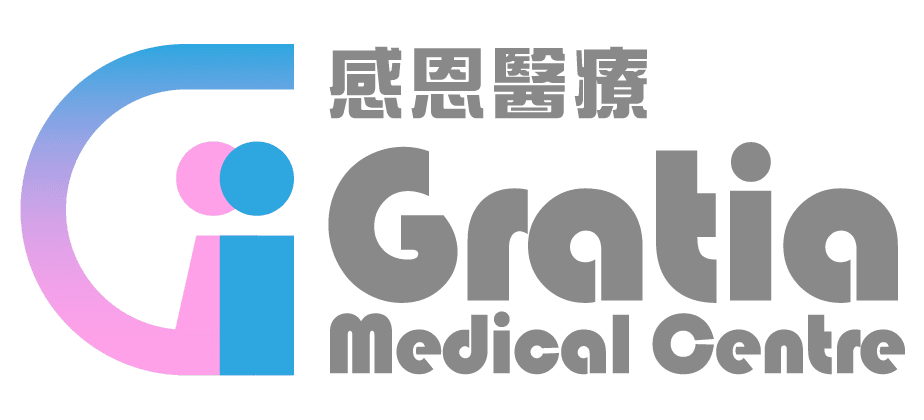Pre-Implantation Genetic Testing (PGT)
Pre-implantation Genetic Testing (PGT)
What is PGT?
Pre-implantation Genetic Testing (PGT) is a technique used alongside IVF to check if the embryos created in an IVF cycle have abnormalities in their chromosomes or genes, before transferring them back into the womb.
What are chromosomes and genes?
To understand genetic diseases, we must know what chromosomes and genes are. Chromosomes are the “visible” genetic materials present in the cell nucleus. With the exception of a few cell types, such as red blood cells, sperms and eggs, every human cell carries 23 pairs of chromosomes, including 22 pairs of autosomes and one pair of sex chromosomes. A gene is the basic unit of genetic information and is composed of deoxyribonucleic acid (DNA). There are over 20,000 genes distributed over the 23 pairs of chromosomes. Each gene defines different function, controlling the various activities of the human body.
What are Genetic Diseases?
Genetic diseases are defined as diseases caused by abnormalities in genetic materials either in the chromosomes or in the genes. These diseases can be passed on from parents to the next generation, or new mutations can occur to an individual while his/ her parents have normal chromosomes or genes. Therefore, genetic diseases are not always inherited from parents.
Genetic diseases could be broadly divided into three groups:![]() Chromosomal abnormalities: These are caused by an incorrect number or an abnormal structure of the chromosomes. A well-known example of this group is Down syndrome, caused by an extra Chromosome 21, i.e. an incorrect number of chromosomes;
Chromosomal abnormalities: These are caused by an incorrect number or an abnormal structure of the chromosomes. A well-known example of this group is Down syndrome, caused by an extra Chromosome 21, i.e. an incorrect number of chromosomes;![]()
![]()
![]()
![]()
![]()
![]()
![]()
![]()
There are three types of PGT classified by the genetic diseases that they are specifically designed to detect:
Pre-implantation Genetic Testing for Aneuploidies (PGT-A), previously called Pre-Implantation Genetic Screening (PGS), aims at detecting whether embryos have problems with the number of their chromosomes, because transferring an embryo with an incorrect number of chromosomes (aneuploid) is thought to be the most common reason for IVF treatment failure.
Healthy couples can have aneuploid embryos from IVF treatment. The proportion of aneuploid embryos increases with the woman’s age. This largely explains why older women have a lower IVF success rate and a higher miscarriage rate.
Through PGT-A, an embryo with a correct number of chromosomes (euploid) can therefore be chosen to be transferred, thereby increasing the pregnancy rate for each transfer attempt, reducing miscarriage rate and hopefully increasing the chance of having a healthy baby. (Click to learn more)
Pre-implantation Genetic Testing for Structural Chromosomal Rearrangements (PGT-SR), previously called Pre-implantation Genetic Diagnosis (PGD), is used when either one of the couple is known to have a structural chromosomal abnormality. The technique aims at detecting whether embryos have inherited the chromosomal abnormality so that an unaffected embryo can be transferred to the womb and hopefully will result in the birth of an unaffected baby. (Click to learn more)
Pre-implantation Genetic Testing for Monogenic / Single Gene Disorders (PGT-M), previously known as Pre-implantation Genetic Diagnosis (PGD), is used when either one of the couple is or both are known to carry an abnormal gene. The technique aims at detecting whether embryos have inherited the abnormal gene so that an unaffected embryo can be transferred to the womb and hopefully will result in the birth of an unaffected baby. (Click to learn more)
![]()
![]()
Any questions About Our Clinic?
Don't Hesitate to Contact Us
Contact number
(852) 2117 3033
gratia@hk-gmc.com
Opening Hours
MON - FRI :
0900-1800
(Lunch hour 1400-1500)
SAT :
0930-1330
Closed on Sundays & Public Holidays

